Keywords: Malcolm Turnbull
There are more than 24 results, only the first 24 are displayed here.
Become a subscriber for more search results.
-

AUSTRALIA
- Michael McVeigh
- 21 March 2023
As trust in public institutions continues to erode, the concept of humility takes on a newfound significance. Carlton Football Club's incorporation of humility and integrity into its foundational values is emblematic of this cultural shift.
READ MORE 
-
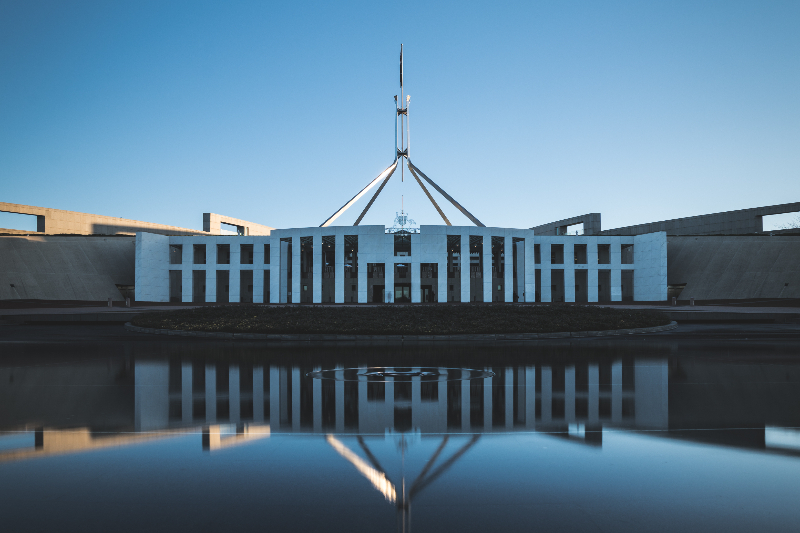
AUSTRALIA
- Frank Brennan
- 12 January 2023
In recent days, if you were to listen to the media reports, you could be forgiven for thinking that religious educators want to retain a right to exclude children or teachers from their schools on the basis of their gender or sexual orientation. Nothing could be further from the truth. Or nothing should be further from the truth.
READ MORE
-
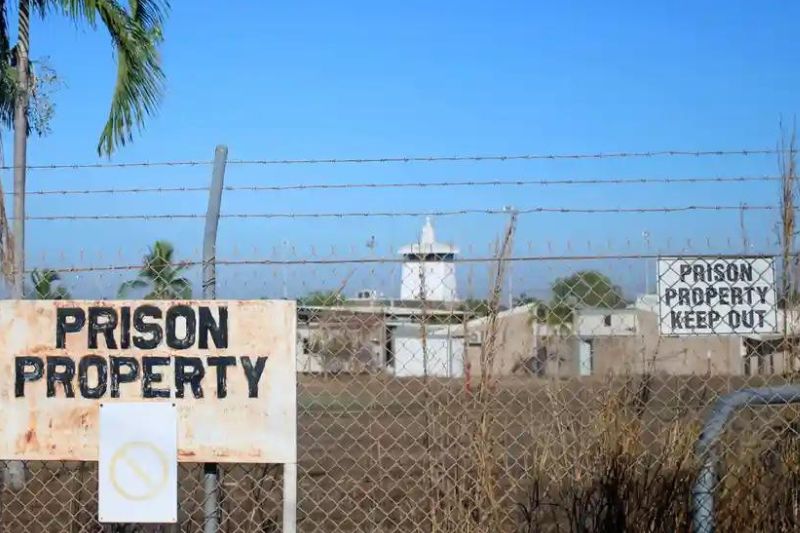
AUSTRALIA
- Binoy Kampmark
- 17 November 2022
1 Comment
Australia’s ratification of the Optional Protocol to the Convention Against Torture and other Cruel, Inhuman or Degrading Treatment or Punishment (OPCAT) came about as a reaction to the abuses recorded at the Northern Territory’s Don Dale youth prison. To monitor compliance with OPCAT, UN independent inspection teams are permitted to conduct unannounced visits to any place where people are deprived of liberty. But on October 24, a Corrective Services NSW spokesperson announced that inspection teams were ‘refused entry without incident’.
READ MORE 
-
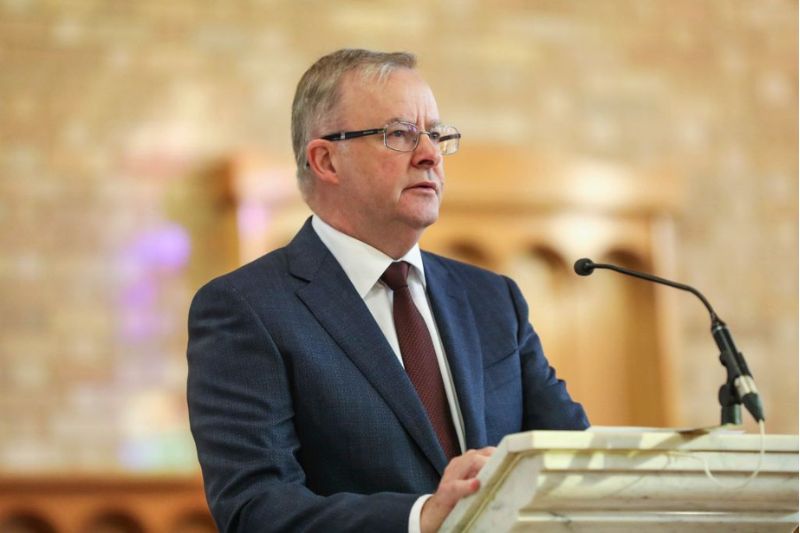
RELIGION
- John Warhurst
- 15 November 2022
16 Comments
Australia is awash with politicians who identify or are identified as Catholic. And Catholic media always take some interest in Catholic politicians whatever their political stripe. But what does this mean to have Catholic politicians from a theologically and ideologically diverse church?
READ MORE 
-
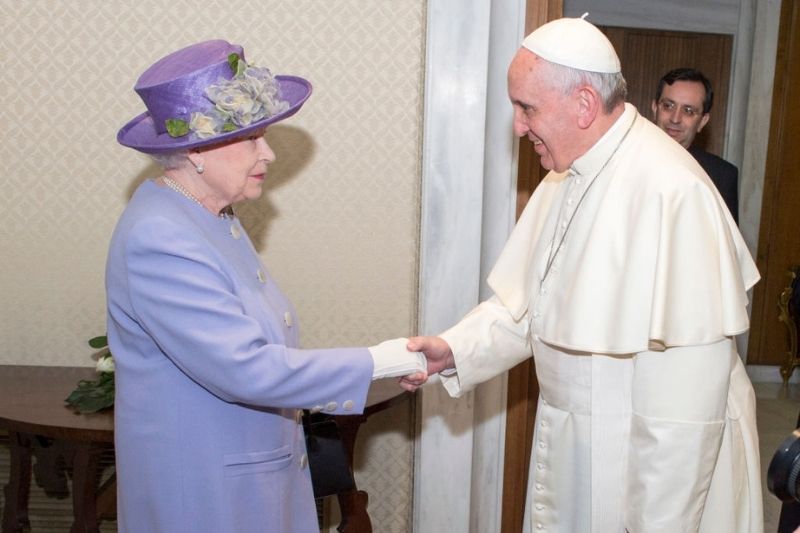
RELIGION
- John Warhurst
- 13 September 2022
7 Comments
Republican sentiments from prominent Australians did not ever preclude great personal admiration for Queen Elizabeth for her devotion and service. Now, following her death, attention has particularly turned to her Christian faith. Following the lead of Pope Francis, the Australian bishops have joined in widespread community admiration. Pope Francis spoke of ‘her steadfast witness of faith in Jesus Christ and her firm hope in her promises’.
READ MORE 
-
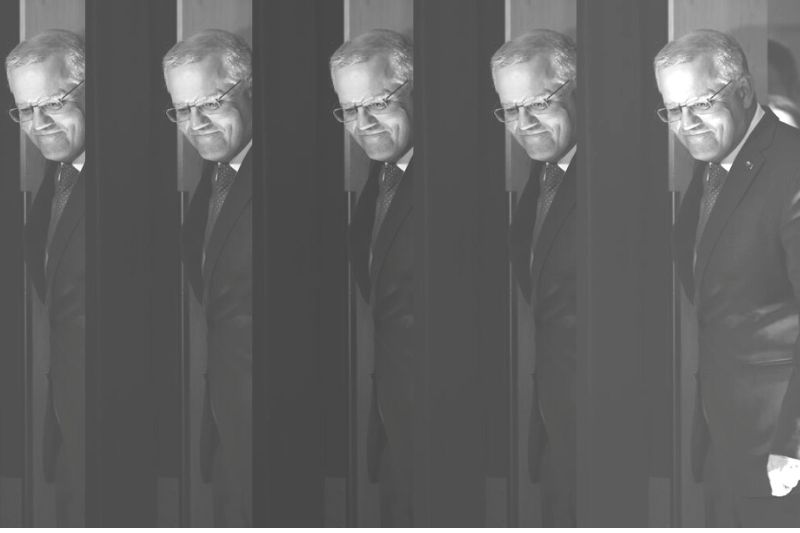
AUSTRALIA
- Binoy Kampmark
- 01 September 2022
8 Comments
The most striking note in the tempestuous outrage regarding Scott Morrison’s self-appointment (technically, appointment with the Governor-General’s approval) to five ministerial portfolios other than his own, is the search for the illegal. Such a search is fruitless in a system that thrives on the principle of convention, perennially uncodified and therefore susceptible to breach.
READ MORE 
-
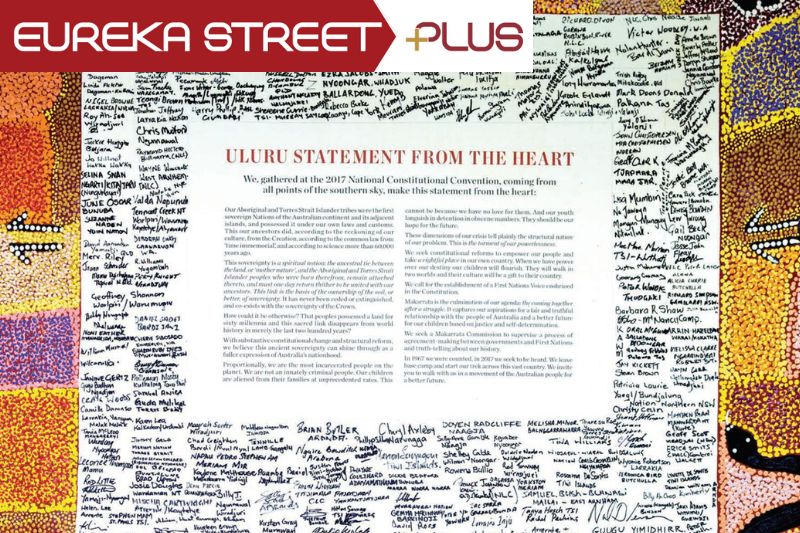
AUSTRALIA
- Frank Brennan
- 17 August 2022
2 Comments
We need to be able to do more than simply give notional assent to the Uluru Statement. We need to be able to contribute to the hard thinking and difficult discussions to be had if the overwhelming majority of our fellow Australians are to be convinced of the need for a Voice in the Constitution.
READ MORE 
-
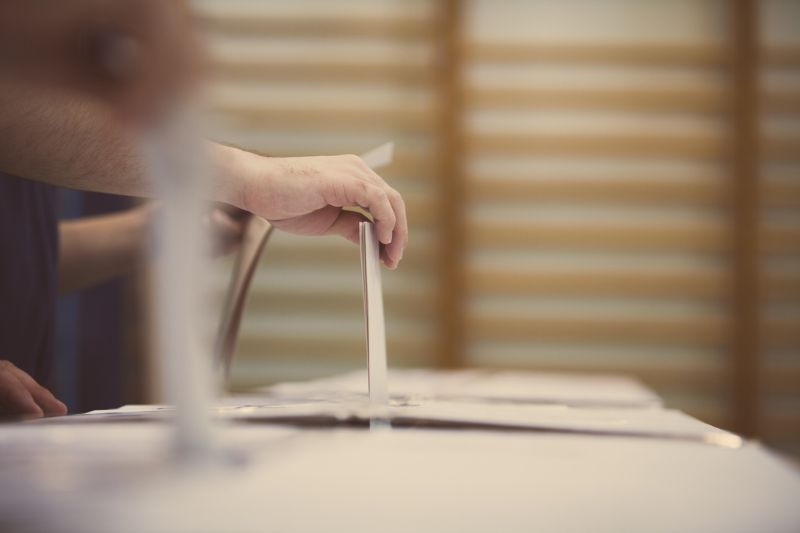
RELIGION
- John Warhurst
- 23 June 2022
6 Comments
The week of the Plenary Council's Second Assembly, unlike the First Assembly, will largely be devoted to voting. My best guess is that there could be about 100 rounds of consultative votes (including amendments and then thirty amended motions) during the week. This will be followed by deliberative voting by the bishops and their proxies. Before voting there will be many short, sharp speeches from among the 280 members interspersed in the program. This will make for an extremely tight timetable.
READ MORE 
-
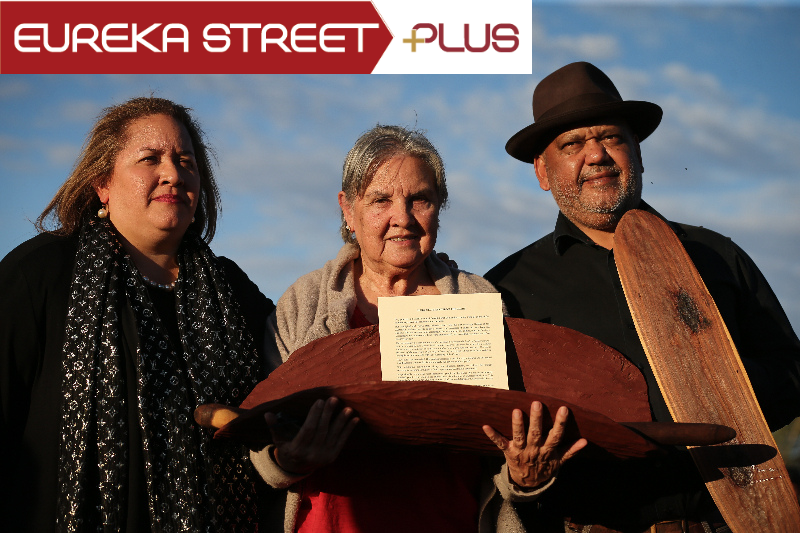
AUSTRALIA
- Frank Brennan
- 06 May 2022
5 Comments
Whoever is Prime Minister after the election on May 21, he will need to address the question of Indigenous recognition in the Australian Constitution. This is the sixth election in a row when the question has been a live, unresolved issue during the election campaign. The patience of Indigenous leaders is understandably wearing thin. Trust is waning. There is still no clear path ahead. So where to from here?
READ MORE 
-

AUSTRALIA
- Frank Brennan
- 22 February 2022
42 Comments
In recent days, if you were to listen to the media reports, you could be forgiven for thinking that religious educators want to retain a right to exclude children or teachers from their schools on the basis of their gender or sexual orientation. Nothing could be further from the truth. Or nothing should be further from the truth.
READ MORE 
-

AUSTRALIA
- Frank Brennan
- 22 February 2022
1 Comment
In recent days, if you were to listen to the media reports, you could be forgiven for thinking that religious educators want to retain a right to exclude children or teachers from their schools on the basis of their gender or sexual orientation. Nothing could be further from the truth. Or nothing should be further from the truth.
READ MORE
-
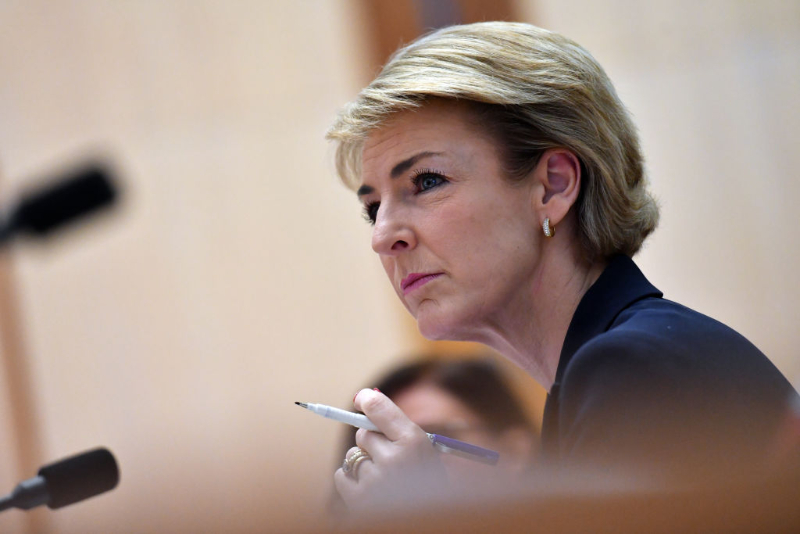
AUSTRALIA
- Frank Brennan
- 11 January 2022
2 Comments
It’s four years since the Australian Parliament amended the Marriage Act 1961 to provide that marriage means ‘the union of two people to the exclusion of all others’. The legislation followed the plebiscite on same sex marriage. To address the concerns of some religious groups, Prime Minister Malcolm Turnbull set up an expert panel chaired by long time Liberal Party minister Philip Ruddock to report on whether Australian law adequately protected the human right to freedom of religion.
READ MORE